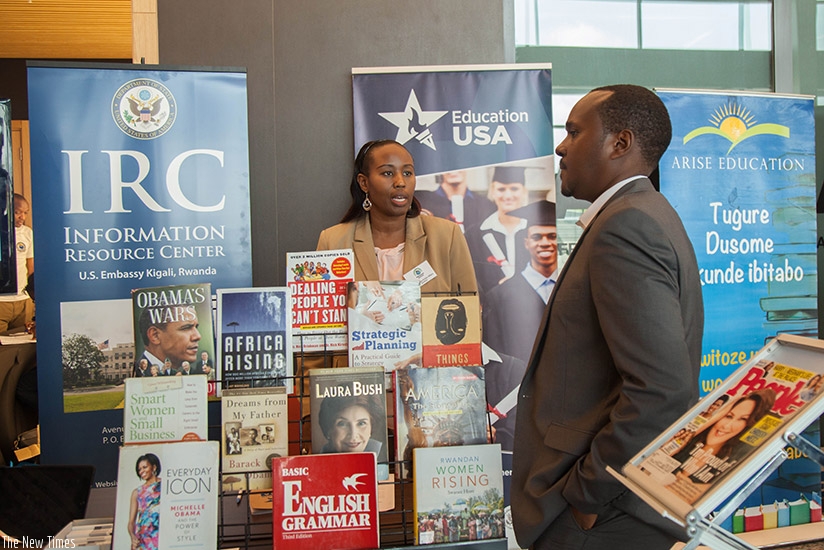AFRICAN COUNTRIES should switch to use of local languages, especially in early childhood education, in part, to boost learning of other languages and quality of education, educationists have said.


AFRICAN COUNTRIES should switch to use of local languages, especially in early childhood education, in part, to boost learning of other languages and quality of education, educationists have said.
The experts said the perception that foreign languages are the best medium of instruction in schools was misguided.
They were speaking in Kigali yesterday as Rwanda joined the rest of the world to celebrate International Literacy Day.
According to various experts, the African continent and other countries have made the wrong choice and still use foreign language in early education which is affecting their learning process and undermines development.
Carole Bloch, of the Project for the Study of Alternative Education in South Africa (PRAESA), said teaching children in their mother tongue from their three basic years of schooling is essential.
"It is essential because if you want little children to understand what they are learning and to be able to communicate, they need to use the language they know best. And if you allow them to use their own language then they will learn other languages and other subjects easily as well,” she said.
Isaac Munyakazi, the minister for primary and secondary education, said society needs to change their mindset and beliefs that teaching in foreign language such as English is the best alternative yet it discourages the ability of children to perform well.
"We need to change this understanding where we think that kids should study in foreign language. Parents need to understand that when kids are brought up in their mother tongue, that is the best way to help them to understand other subjects when they go up,” he said.
"The basic education, especially early primary, it is compulsory that our kids study in Kinyarwanda because studying in Kinyarwanda is the only facilitation to help kids to study in other languages.”
Literacy skills
According to UNESCO, some 775 million adults lack minimum literacy skills. One in five adults is still not literate and two-thirds of them are women.
Over 60 million children are out-of-school and many more attend irregularly or drop out.
Literacy skills in Rwanda stand at 70 per cent and the target is to achieve 90 percent by 2024, Munyakazi said.
Five children still share one book and this is one of the reasons that undermine the culture of reading, he added.
Rwanda has over 120 public libraries and there is hope that more facilities will be put up to help Rwandans have access to reading materials at school, at home and even at their respective communities, the minister said.
He called for partnership between ministry, communities, schools and parents to make sure the literacy promotion is not a one person’s business.
"We need to put together all our efforts to support our kids to read, literacy is the basics of quality education we are looking for and that is why we are investing a lot to make sure we bring it up,” he said, adding that the Government and partners are doing the best to ensure that more quality books are available.
At least 20 per cent of education budget is invested in buying books to read.
Alex Alubisia, chief of party ‘Mureke Dusome’ project,under Save the Children said Rwanda has moved faster to promote mother tongue as it is used as language of instruction in early schooling.
editorial@newtimes.co.rw


